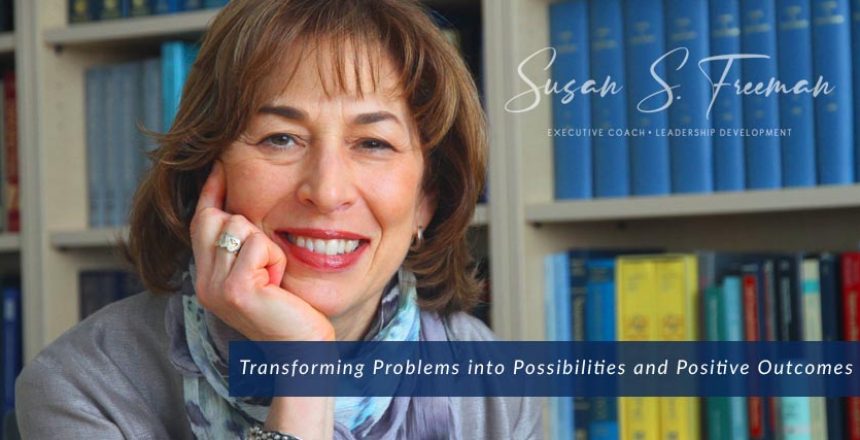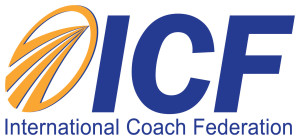I am always curious when I hear about “coaching” business. Seems these days lots of people are getting and receiving “coaching.” The problem I have is that when I inquire further as to the nature of the work they are doing, it doesn’t fit the domain of professional coaching; it’s usually more along the lines of advising or mentoring. What’s the difference?
[notification type=”alert-info” close=”false” class=”half-width float-right” ]Originally a “Coach” was a transportation mechanism to move people from where they are to where they want to go.[/notification]According to Wikipedia, “coaching is training or development in which a person called a coach supports a learner in achieving a specific personal or professional goal. The learner is sometimes called a coachee. Occasionally, coaching may mean an informal relationship between two people, of whom one has more experience and expertise than the other and offers advice and guidance as the latter learns; but coaching differs from mentoring in focusing on specific tasks or objectives, as opposed to general goals or overall development.”
The origins of the word come from the idea of a “coach” being a transport mechanism to move a person from where they are to where they want to go. This definition resonates with me, because a coach helps a client do exactly that.
Professional coaching for those of us who are accredited through the International Coach Federation, (the world’s largest coaching credentialing organization), requires us to be trained in and to utilize a set of nine “core competencies.” These areas are designed to promote client-centered learning with multiple domains. The coach facilitates by “asking” questions vs. “telling” or advising the client on what the coach thinks.
Coaching Education
The coaching skill set requires skilled training, practice, and for mastery, thousands of hours of client interaction. We have mentor coaches, participate in ongoing training and professional development courses, have our calls recorded and critiqued, and must pass exams to become and retain our accreditation. In addition, as an ICF-accredited coach, we strictly adhere to a Code of Ethics that protects our clients and respects the unique nature of our relationship.
As coaches our goals are to be in service to our client’s goals; we help facilitate awareness, promote learning, support action, and help client’s remove obstacles to reaching their goals. Although a mentor can have a profound relationship on a mentee, the means by which they work is completely different than the way in which a trained coach would work.
Next time you hear of someone “coaching” a colleague, invite them to share their experience with you. You can then learn more about how others see the role they play in helping people achieve things that matter. There are many ways to help others; advising, mentoring and consulting all have a role. It’s just that we need to be clear that coaching refers to a particular set of skills that are not enjoyed by everyone who “coaches.”
For information or to learn more about the rigors and benefits of professional coaching, visit www.coachfederation.org.


